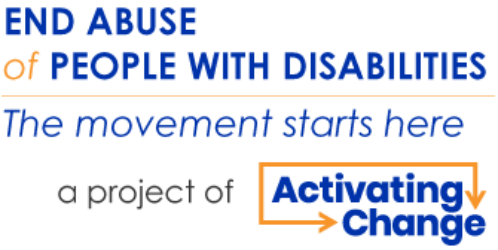People First: Practicing Accessibility One Contact at a Time
Mark Sweet of Disability Rights Wisconsin discusses accessibility in terms of interpersonal contact. Participants will learn about considering individuals point of view (POV), and how not considering it can lead to missed opportunities to support a survivor

